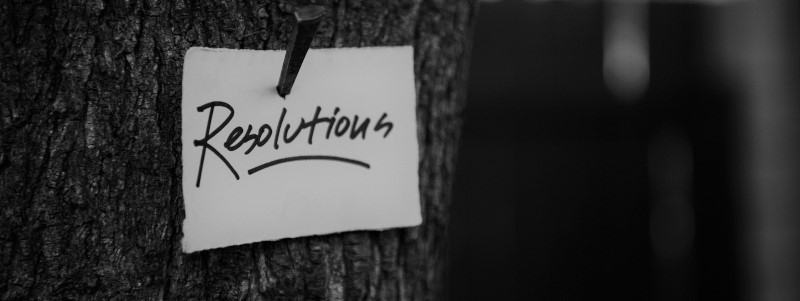Most of us make some sort of New Year’s resolution, whether overtly or covertly. The new year can feel like an opportunity to put the past behind us and to start afresh.
Whether or not we actively name and own our New Year’s resolutions, most of us can also attest to the best held intentions for change slipping away. There are plenty of good reasons why New Year’s resolutions don’t work. We are often too unspecific in what would constitute change, and it can be hard to make change on our own.
Psychotherapy is about change. However, the start of all change comes from inside. To make change, we need to understand ourselves and accept why we have made the decisions we have. Nothing is random.
Psychotherapy is first and foremost about learning to have a relationship with ourselves and to learn to hold ourselves in mind, often in ways others failed to do when we were growing up. When we hold ourselves in mind, we can objectively evaluate if something is helpful or in our best interests.
We learn to hold ourselves in mind through others holding us in mind. This is one of the main roles of a psychotherapist. Holding a client in mind is far broader and deeper than simply making notes and remembering what they told us. It is about having a relationship with them and helping them to understand their blind spots, their relational patterns to themselves and to others. Helping them work through this is the therapeutic encounter.
Psychotherapy is often hard. Keeping to a weekly day and time when we meet with our psychotherapist can feel like a slog. Unlike a New Year’s resolution, the process is held relationally. Your psychotherapist makes the time and space available to hold you in mind and expects you to show up for the weekly dialogue. Even if you do not attend, your therapist is there to hold you in mind.
Perhaps the question is not so much whether psychotherapy is a good New Year’s resolution. Rather, it may be whether you are committed to having a deeper and more meaningful relationship with yourself, and through this, learning to hold yourself better in mind. The latter will lead to long-lasting changes on a profound level which may or may not include more frequent trips to the gym!
Happy New Year from all of us at Brighton and Hove Psychotherapy.
Mark Vahrmeyer is a UKCP-registered psychotherapist working in private practice in Hove and Lewes, East Sussex. He is trained in relational psychotherapy and uses an integrative approach of psychodynamic, attachment and body psychotherapy to facilitate change with clients.
Further Reading by Mark –
Why is psychotherapy generally weekly?
Don’t tear down psychological fences until you understand their purpose














